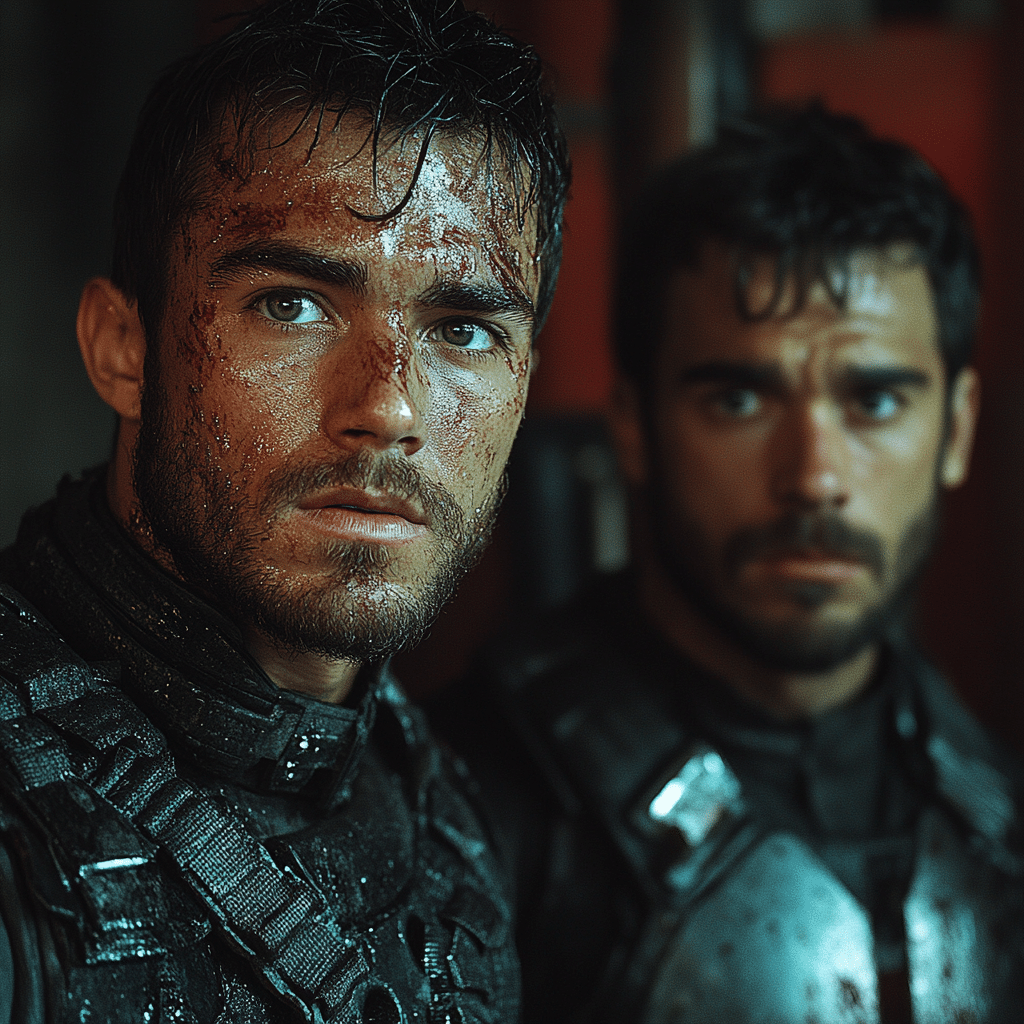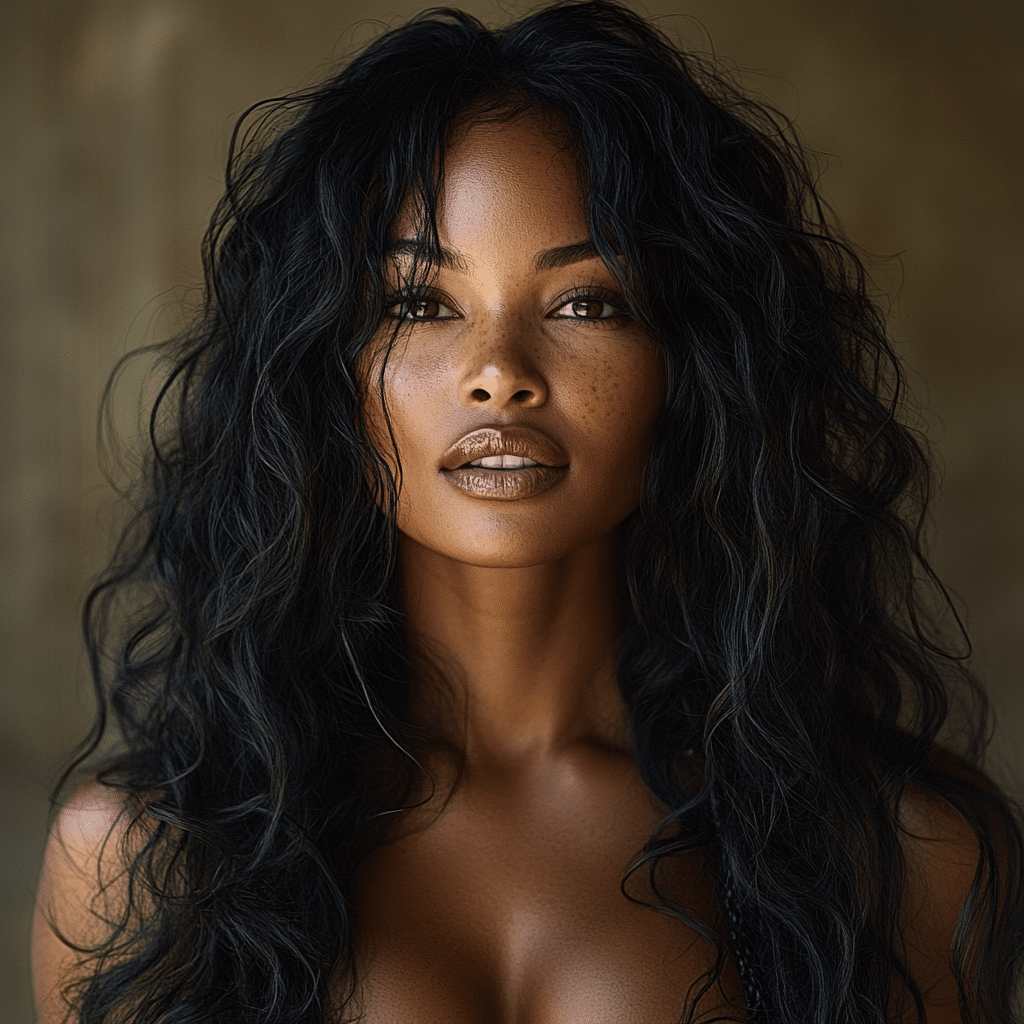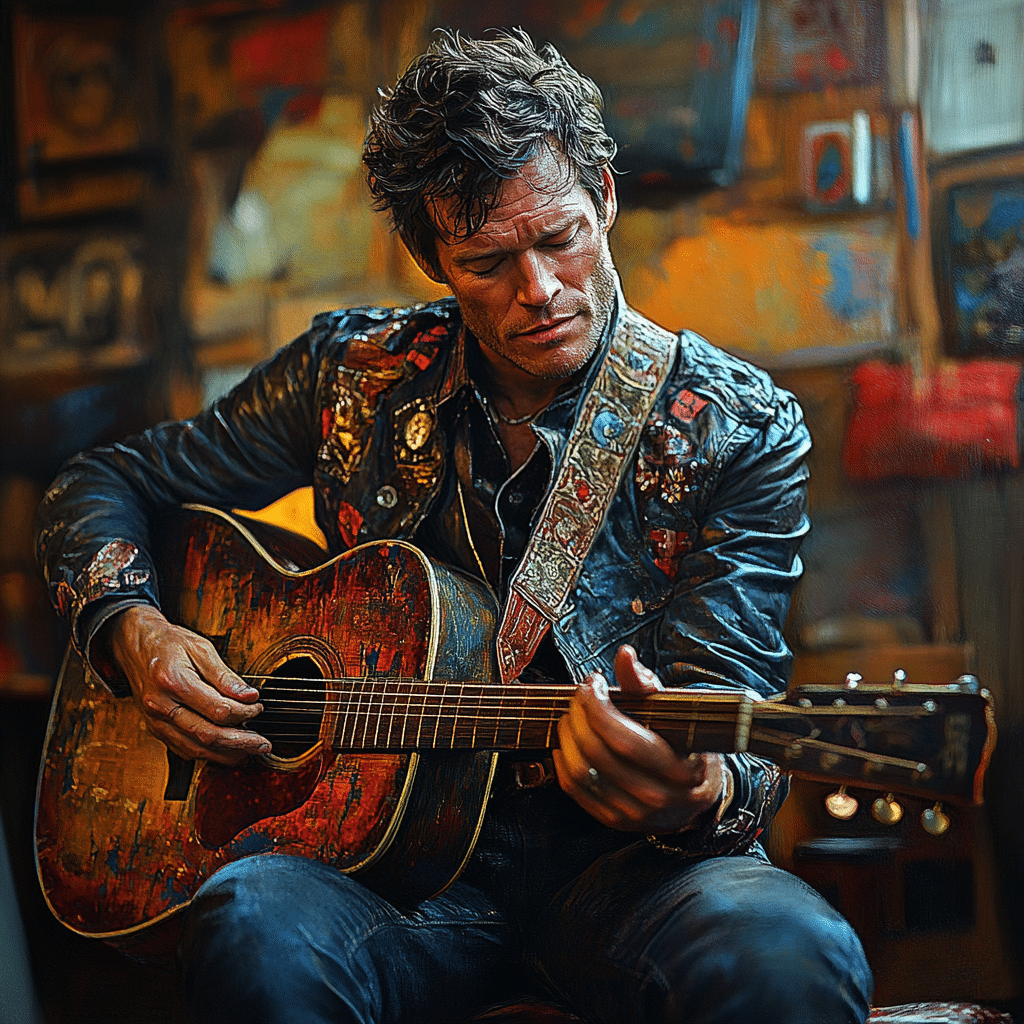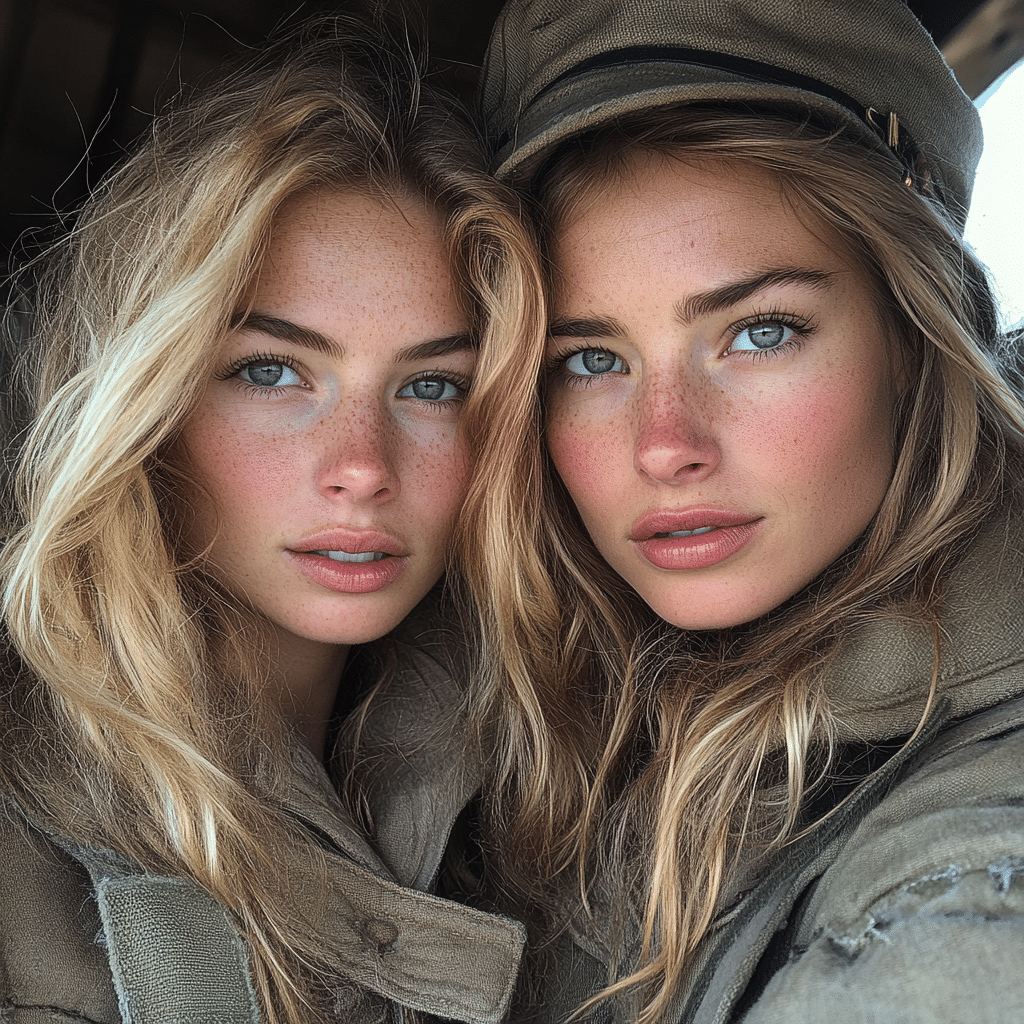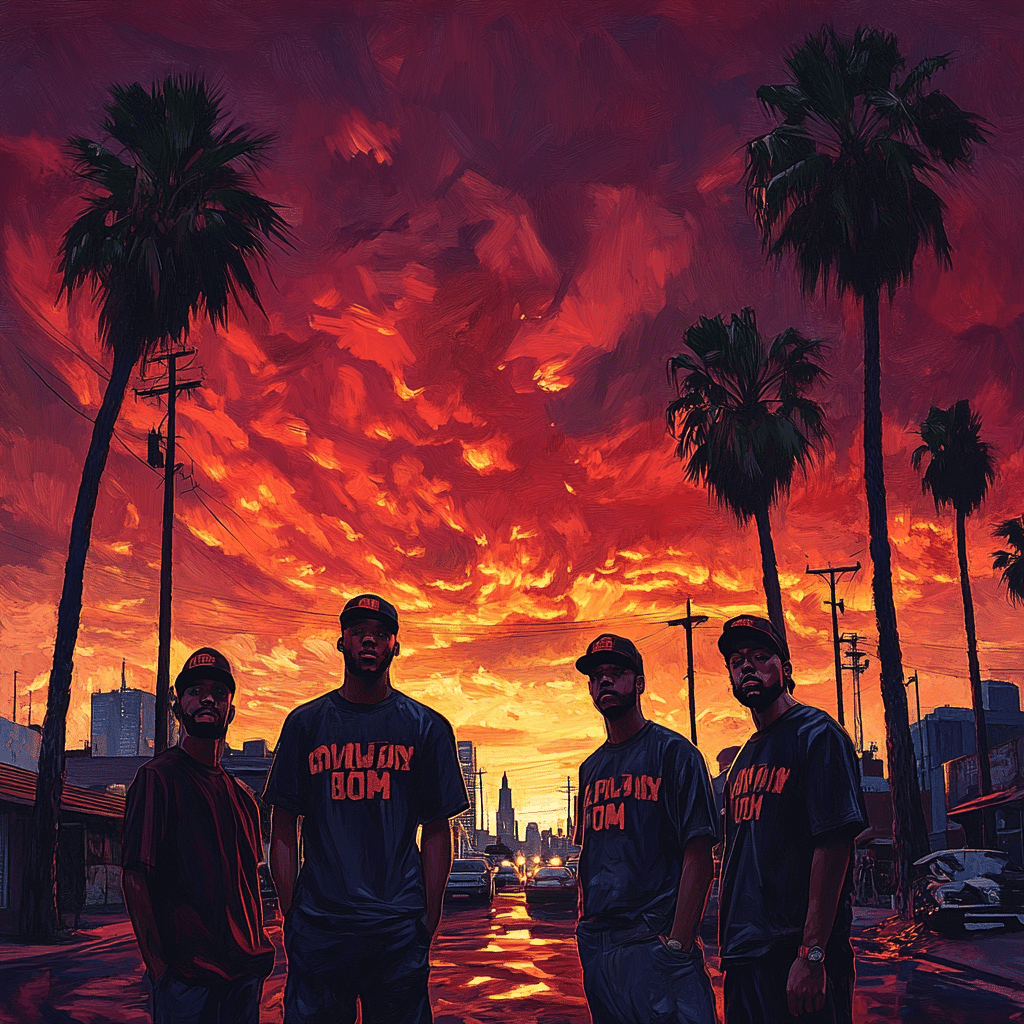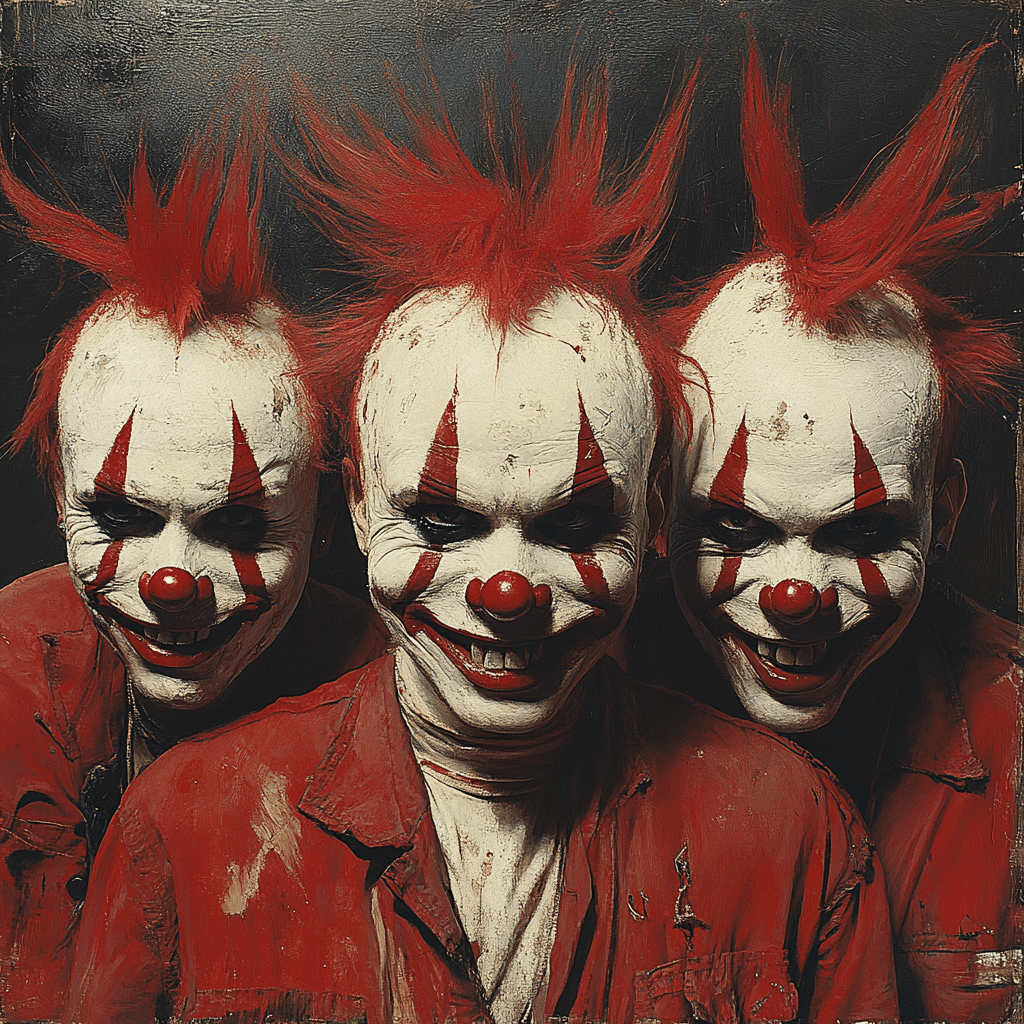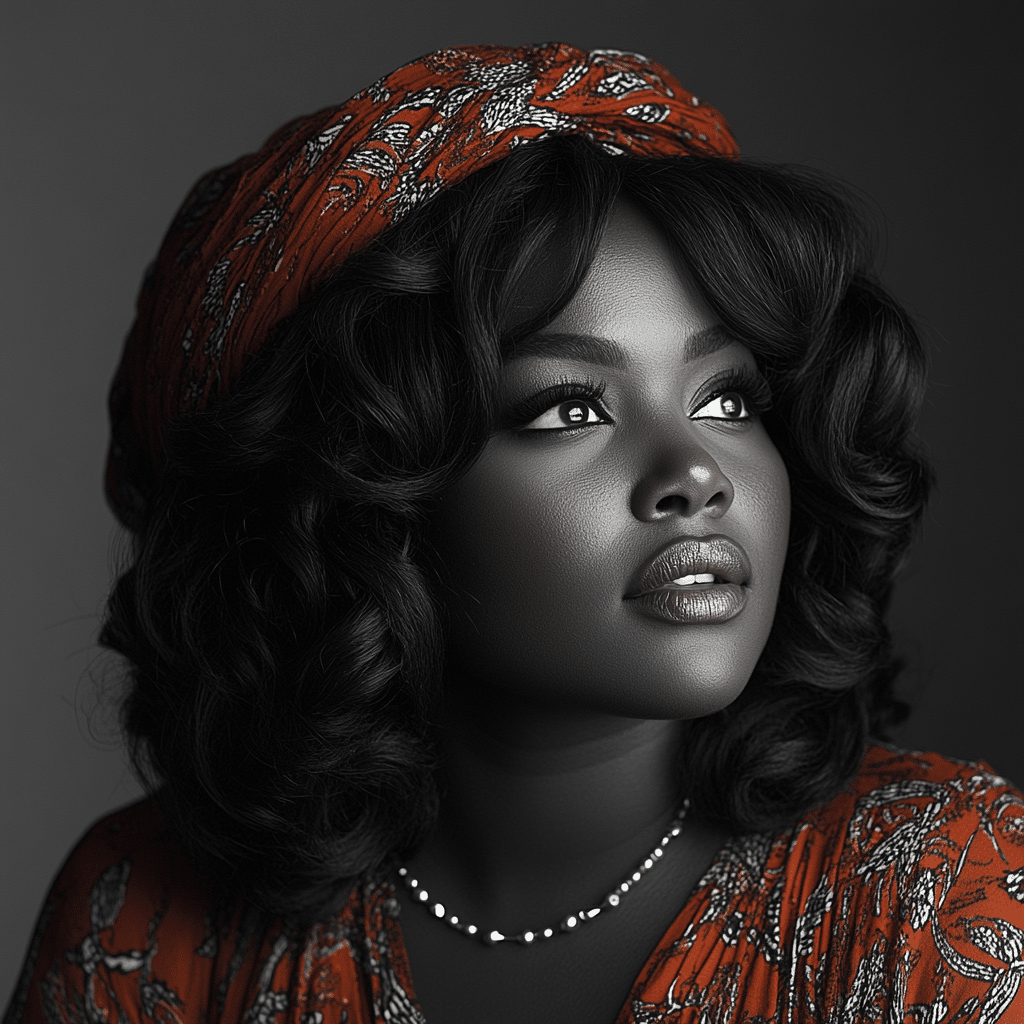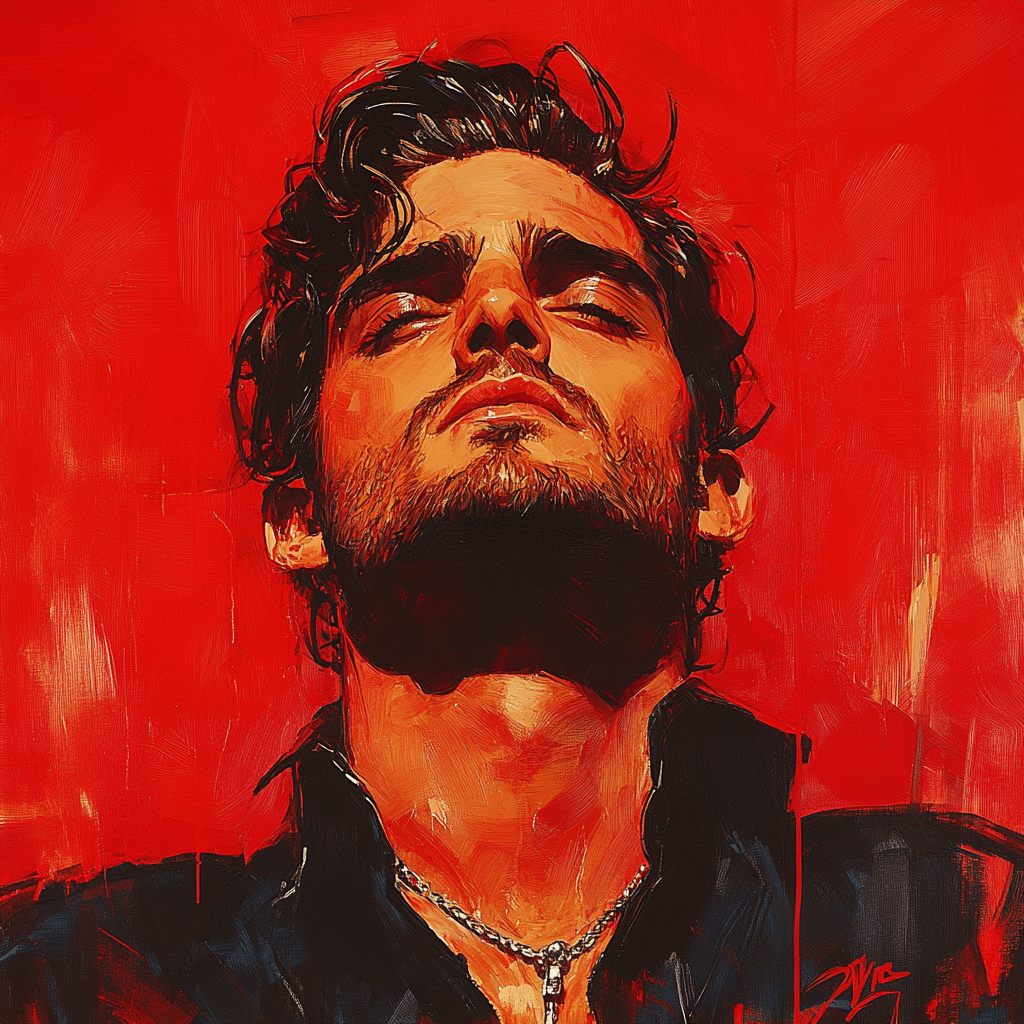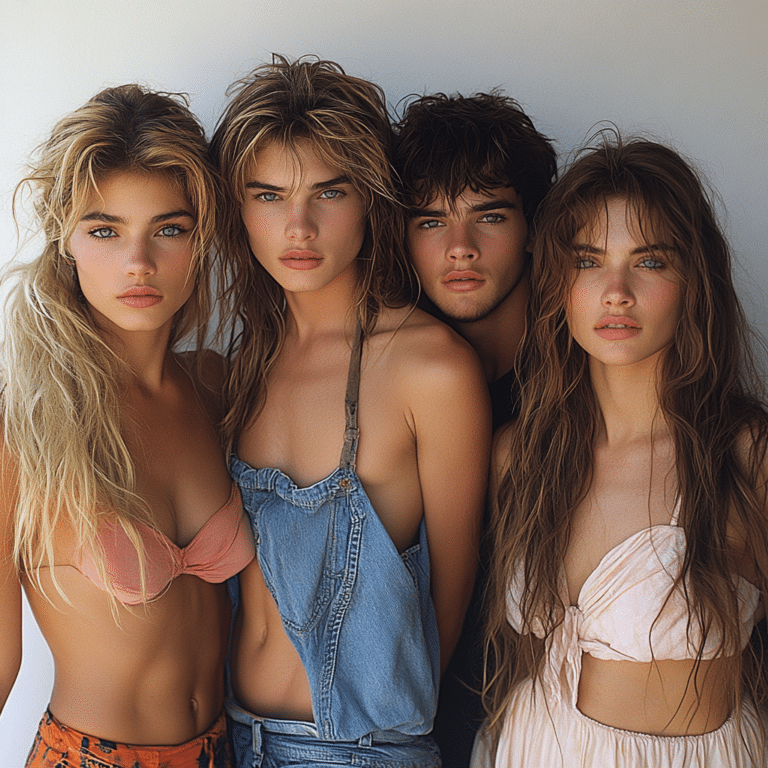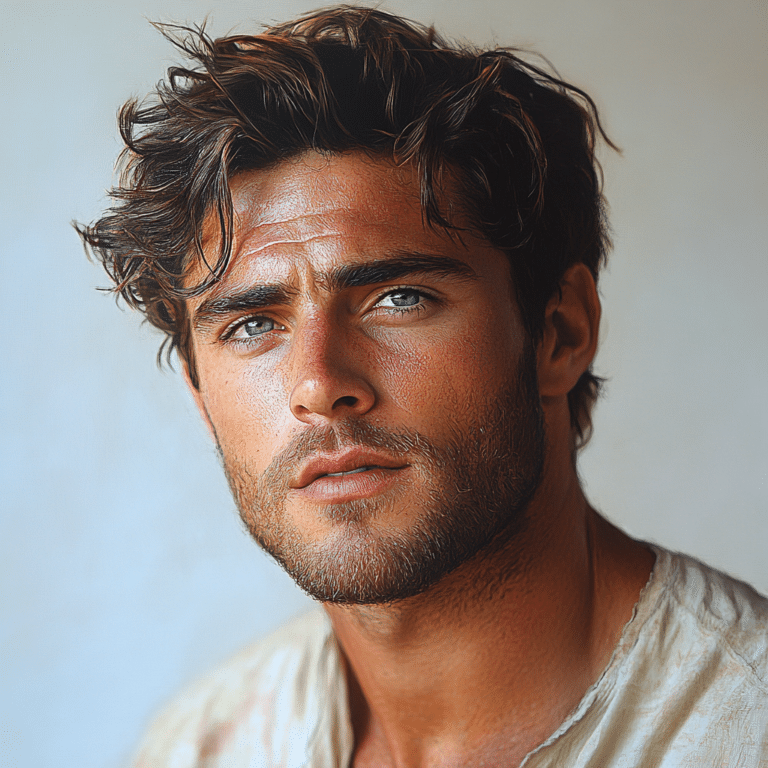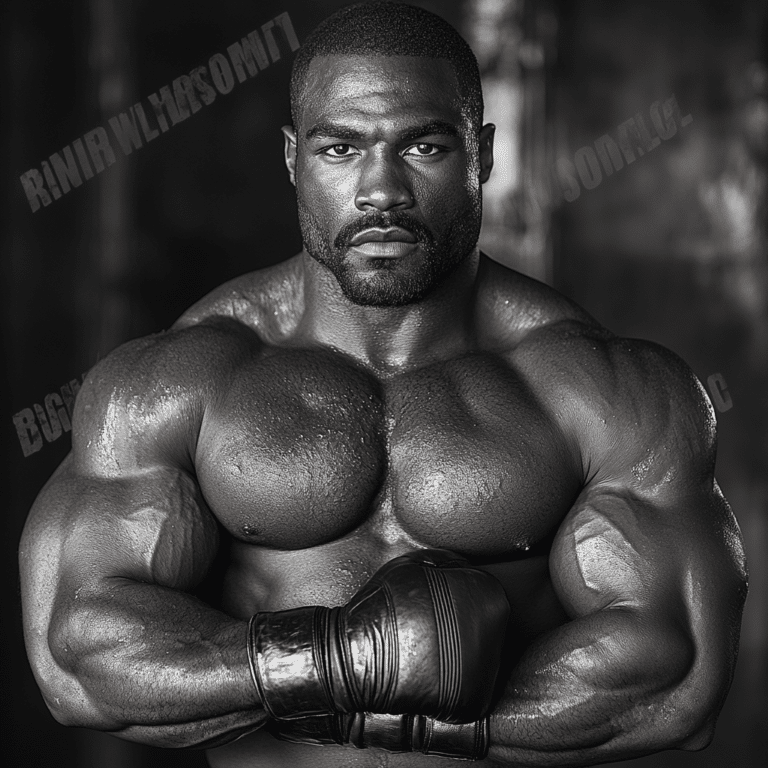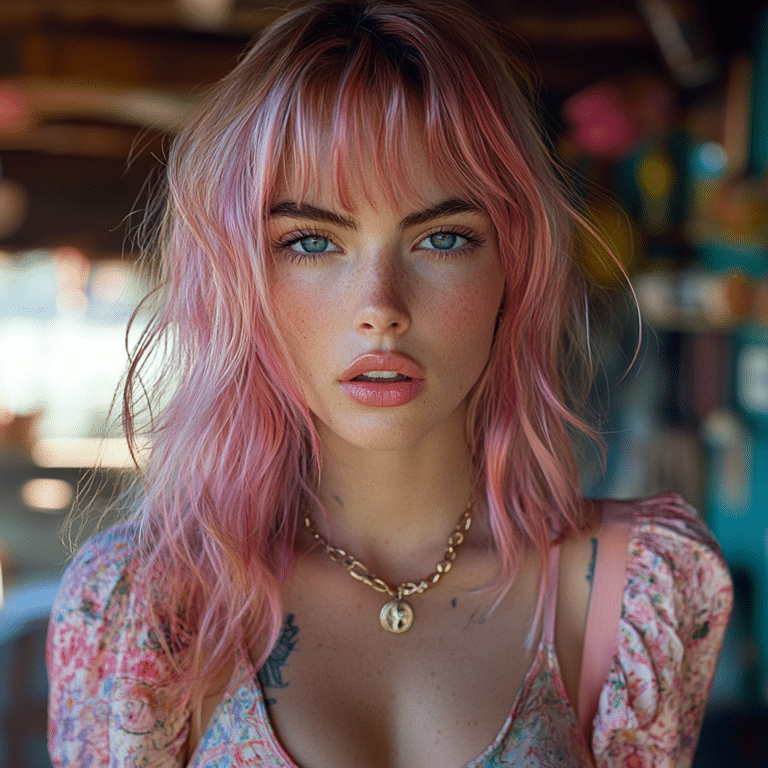
The Evolution of White Rappers: Breaking Barriers in Hip-Hop
When discussing white rappers, one can’t ignore the complex history they share with hip-hop culture. From the genre’s birth in the 1970s through today, these artists have either banged down doors or faced skepticism for entering a predominantly Black space. Yet, numerous white rappers have taken it upon themselves to navigate these tricky waters and bring their unique voices and perspectives to the forefront—thanks to their hard work, they have not just participated but reshaped the hip-hop landscape entirely.
These artists have opened doors others thought were permanently closed, changing not just how hip-hop sounds but how it’s perceived. They’ve tackled tough subjects like race, identity, and, yes—even privilege. Their contributions have important implications for both the industry and broader cultural conversations. So, let’s dive in and spotlight some of these remarkable figures who’ve made their mark in the hip-hop game.
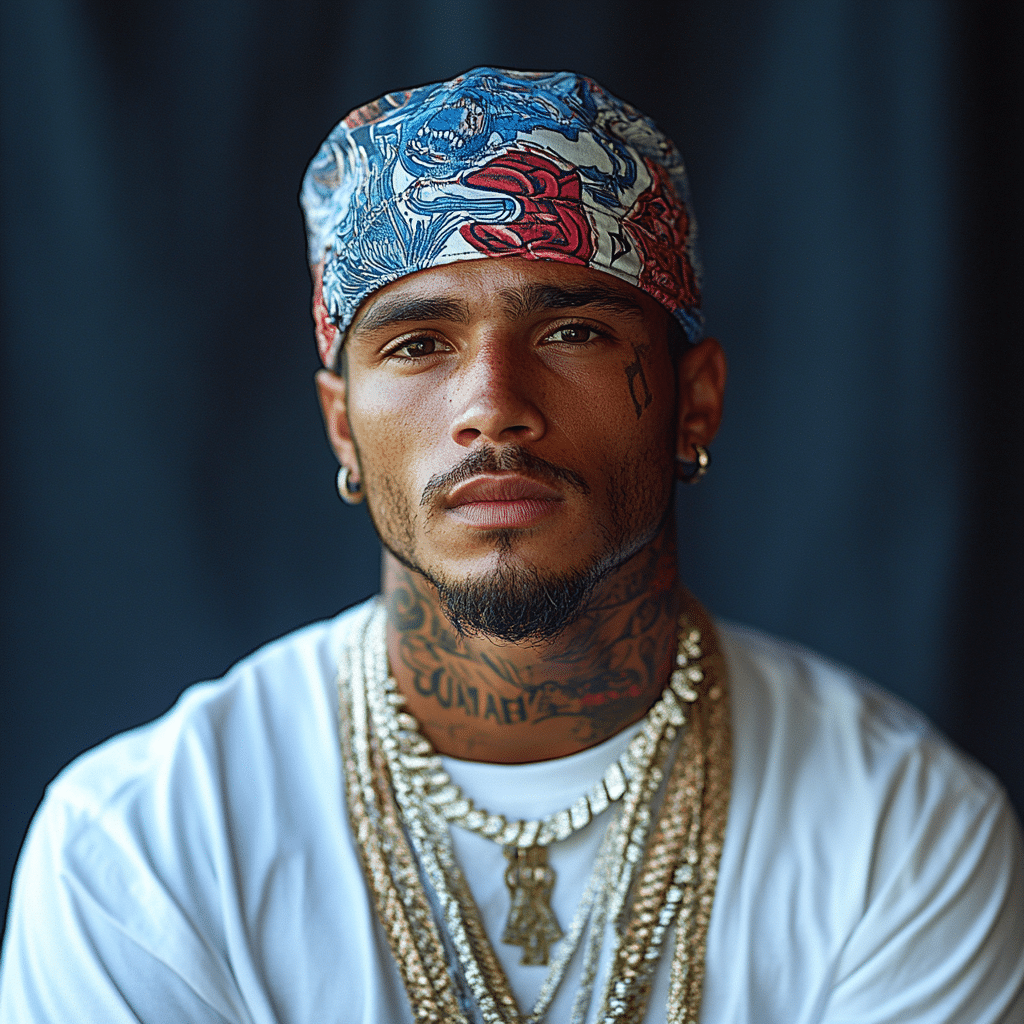
Top 5 White Rappers Who Changed the Game
You might be surprised if someone said Eminem isn’t the most significant white rapper of all time—it’s almost an argument you can’t win! Born Marshall Bruce Mathers III, he blew into the scene in the late ’90s like a hurricane. His album “The Slim Shady LP” not only gave us killer rhymes but also addressed gritty issues like poverty and addiction. Eminem’s ability to mesh heartfelt lyrics with brilliant wordplay broke down racial barriers in ways many didn’t expect, proving that talent knows no color. Plus, who doesn’t love a good plot twist in a rap battle?
Back in the late ’80s and early ’90s, the Beastie Boys were the trailblazers paving the way for mainstream hip-hop—talk about a game changer! Their first album, “Licensed to Ill,” combined punk rock with rap, making it a bridge between two worlds. The trio didn’t just drop catchy beats; they also offered a fresh perspective on race and identity, flipping the script on how many viewed hip-hop. Their playful energy and willingness to explore diverse sounds broadened the genre’s reach, making everyone—from suburban teens to hip-hop aficionados—take notice. Such is the power of a killer track paired with a rebellious attitude!
Oh, Macklemore, where do we start? Coming in hot with his Grammy-winning album “The Heist,” he served up not just bangers like “Thrift Shop” but also thought-provoking tracks like “Same Love.” His honest discussion on issues like sexuality and consumerism shook things up and opened the door for meaningful conversations within hip-hop. It’s worth noting that Macklemore has been an advocate for LGBTQ+ rights, drawing in collaborators and allies from diverse backgrounds, which makes his message of inclusivity even louder. When he raps, it feels less like a concert and more like a community meetup—one where everyone’s invited!
And then there’s G-Eazy, the guy who turned the modern rap scene upside down. Taking advantage of platforms like SoundCloud, he carved out a niche for himself with a blend of various musical influences. His mix-tapes and albums showcase pop, rock, and hip-hop elements, capturing a broad audience eager for something fresh. G-Eazy’s knack for collaborating with artists across genres has pulled at the fabric that defines hip-hop, showing that creativity knows no bounds. It’s like he has a musical buffet—turning the genre into a deliciously eclectic feast!
Post Malone is a name you simply can’t ignore. His sound transcends genres, merging hip-hop with rock, pop, and R&B, making him a cultural juggernaut. Tracks like “White Iverson” and “Circles” showcase his ability to fuse multiple genres, much to the delight of fans everywhere. His personality—laid-back with a touch of swagger—reflects an updated version of hip-hop that invites everyone to the party. It’s like every song he drops is a hit that brings an array of influences into one jam-packed experience!

Spotlight on Female Rappers: The Unsung Pioneers
Now, let’s not overlook the ladies in the game! While headlines have often spotlighted male white rappers, female rappers—especially those who are white—have had a huge impact too. Artists like Iggy Azalea and Lady Gaga have pushed the envelope and made significant contributions to hip-hop. Iggy churned out hits like “Fancy,” praising its cleverness and style while altering perceptions of female representation in rap like a magician pulling a rabbit out of a hat!
Lady Gaga, known for her pop anthems, also ventured into hip-hop territories, collaborating with rappers and showcasing the versatility of women in the genre. Both artists illustrate that female rappers can command attention and tackle significant themes while delivering tunes we can’t help but vibe to. Not to mention, they’ve sparked important discussions around gender roles in hip-hop.
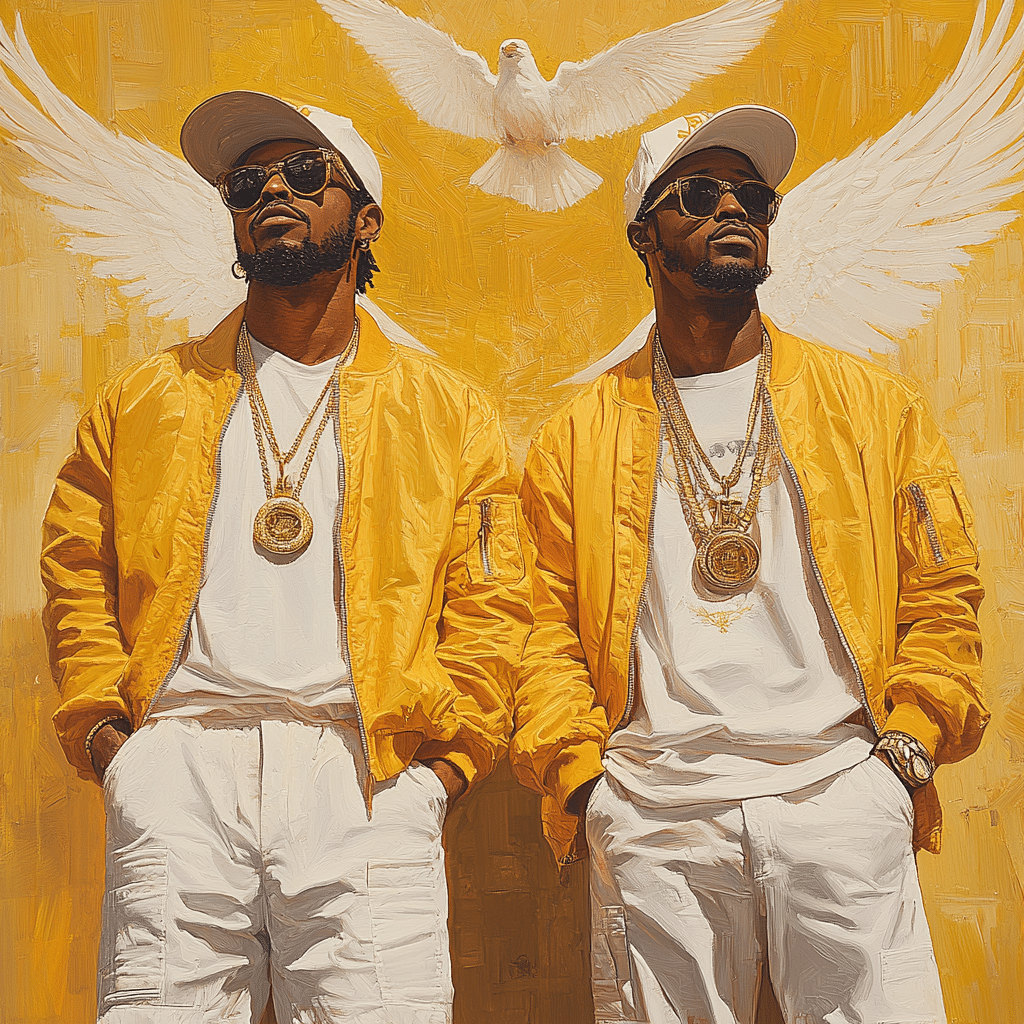
The Crossroads of Race and Gender: Female Celebrities in Hip-Hop
Female celebrities crossing over into hip-hop face a whole new set of hurdles. Think of Kreayshawn, who got people talking with “Gucci Gucci.” It opened up a can of worms about cultural appropriation while she simultaneously enjoyed her moment in the limelight. Then there’s Charli XCX; her collaborations with artists like Lil Yachty demonstrate her adaptability in hip-hop’s collaborative nature. She’s proving that the genre is not just for men—there’s room for women to dominate and collaborate to create brilliance.
These female rappers spotlight significant conversations in the industry, letting us know that while the road may be bumpy, the journey is worthwhile. Their experiences challenge norms and fortify pathways for those who follow, creating an atmosphere where artistry reigns supreme over any stereotypes.
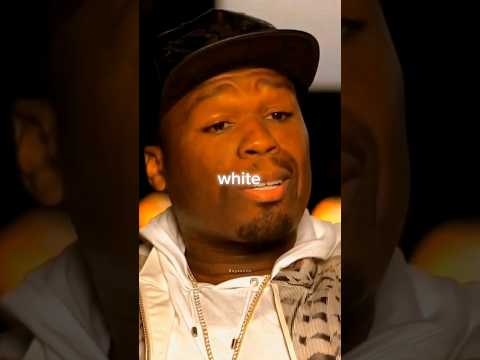
Innovative Collaborations: White Rappers and Their Influence on Diversity
One capable aspect of hip-hop is its dynamic nature, made for collaboration and innovation. White rappers often work with artists from diverse backgrounds to create music that not only sounds extraordinary but also fosters inclusivity. Eminem, for example, paired up with Rihanna in the poignant track “Love the Way You Lie,” which highlighted complex emotions around love and abuse—creating a beautiful blend of storytelling and musicality.
Likewise, G-Eazy has teamed up with the likes of Halsey, integrating diverse influences and widening audiences. These partnerships can spark fresh narratives, showcasing just how interconnected music can be, regardless of race or gender. Every collaboration opens a window to new sounds, reiterating that hip-hop isn’t just a genre; it’s a cultural movement that celebrates diversity.
The Legacy of White Rappers: A Lasting Impact
The mark left by white rappers in hip-hop is monumental. Not only have they broadened the appeal of the genre, but they’ve also ignited essential dialogues around race, privilege, and authenticity in music. Their courage to stray from norms creates spaces for discussions about identity, community, and art itself—essential conversations in today’s world.
As we cruise into 2024, the wave of new talent and the ongoing push for inclusivity suggest that hip-hop will continue to flourish as a dynamic platform for creativity. These artists will keep shaping the music landscape while mirroring society’s ever-changing narratives. The story of white rappers and their footprint in the hip-hop narrative is multicolored, representative, and anything but simple—it’s a remarkable journey worth following.
So, as you jam out to your favorite tracks today, remember that the beat we love has been shaped by many artists, white and otherwise, all contributing to the vibrant tapestry that is hip-hop.
White Rappers Who Changed Hip-Hop Forever
A Shift in the Beat
When people think of hip-hop, the minds often go straight to the legends like Tupac and Biggie. However, the contributions of white rappers have been monumental, pushing boundaries and breaking stereotypes in the genre. Did you know that some of these artists have roots in unexpected places? For instance, Eminem’s early years were spent in a rough Detroit neighborhood where he faced challenges that shaped his music. Just like that Newcastle beer echoes a sense of local pride, these rappers brought their distinct backgrounds to the forefront, making hip-hop a more inclusive space.
Trailblazers and Influencers
One of the most influential white rappers, Beastie Boys, started as a punk band before venturing into hip-hop. Their song “(You Gotta) Fight for Your Right (To Party!)” wasn’t just a chart-topping hit; it introduced a blend of cultures that reshaped the music scene. Similarly, artists like Machine Gun Kelly, who dabbled in rock before fully diving into rap, have proven that versatility is key. It’s like finding a hidden gem, much like discovering the story behind John Jacob astor, one of America’s most fascinating figures. These pioneering figures showcase how white rappers added their unique flair to the hip-hop tapestry.
Humor, Heart, and Hustle
White rappers have also brought humor and heart to hip-hop, often tackling serious subjects with a light touch. Think of Macklemore’s “Thrift Shop,” which cleverly critiques consumerism while also being a catchy tune. Fun fact: Macklemore’s brand of independent spirit mirrors the innovative drive seen in ’50/50’—just like that film’s blend of humor and serious themes resonates with audiences. These artists prove that rap can be both entertaining and insightful, appealing to a wide audience. Plus, let’s not forget the cultural crossover with silly yet endearing characters like the Cinnamon Roll sanrio, bringing a lighter touch to the music scene.
In a nutshell, the influence of white rappers is undeniable. From their storytelling skills and cultural impacts to their humorous takes, these artists have indeed changed hip-hop forever, blending their experiences into a rich, varied sound that continues to evolve. It’s clear that just as Otis williams from The Temptations has left an indelible mark on music, so too have these white rappers carved out spaces of their own within the hip-hop genre.
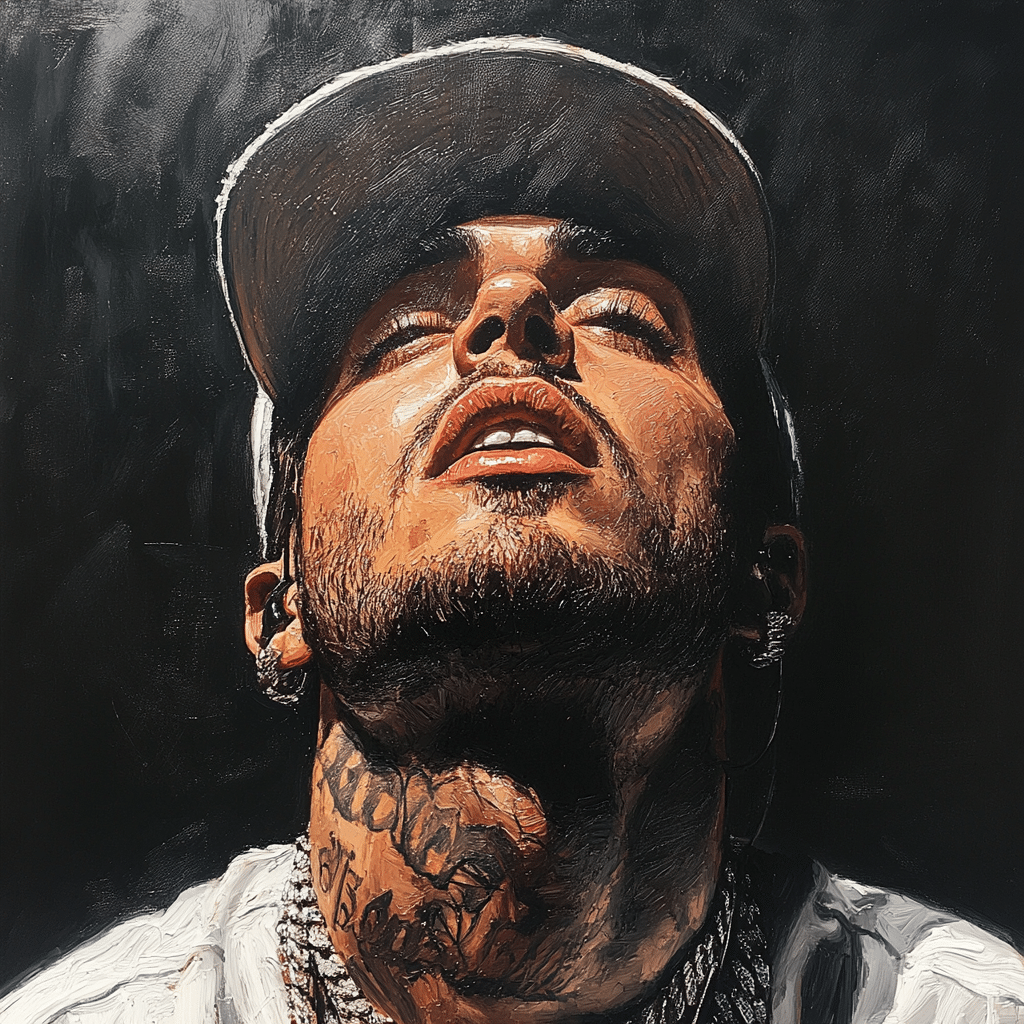
Who is the most famous white rapper?
Eminem is often considered the most famous white rapper, thanks to his massive success and influence in the music industry.
Who are the top 20 rappers?
Ranking the top 20 rappers can be pretty subjective, but many names that pop up include legends like Jay-Z, Nas, Biggie, 2Pac, Rakim, and of course, Eminem himself, among others.
Who was the original white rapper?
Vanilla Ice holds the title of the original white rapper who broke into mainstream music with his hit “Ice Ice Baby” back in 1990.
Who are the top 10 rappers of all time?
Some of the top 10 rappers of all time are generally agreed to be artists like Tupac Shakur, The Notorious B.I.G., Jay-Z, Nas, and Eminem, each leaving a huge mark on the genre.
Who is the king of rap?
Jay-Z is often called the king of rap due to his incredible career longevity, influence, and business acumen in the music world.
Who is the most looked up rapper?
Eminem tends to be the most looked up rapper, especially among younger audiences who admire his lyricism and storytelling skills.
Who’s the hottest rapper now?
Drake is currently seen as the hottest rapper, with chart-topping hits and a constant presence in pop culture.
Who is the richest rapper of all time?
As of now, Jay-Z is recognized as the richest rapper of all time, with a net worth in the hundreds of millions, thanks to his successful ventures beyond music.
Who are the top 10 rappers in the 90s?
In the 90s, some of the top 10 rappers included Tupac, Biggie, Nas, Snoop Dogg, and Dr. Dre, helping to shape hip-hop into what it is today.
Who is the best white rapper after Eminem?
Post-Eminem, many fans consider Machine Gun Kelly or Mac Miller to be among the best white rappers making their mark in the industry.
Who was the first white R&B singer?
The first white R&B singer who gained fame was likely someone like Bobby Caldwell, though it’s a bit tricky to determine exactly.
Who was the 80s white rap band?
The 80s white rap band that came up was the Beastie Boys, who blended punk rock with hip-hop and became cultural icons.
Who invented rap?
Rap was invented in the 1970s, emerging from the hip-hop culture in the Bronx, New York, with DJing and MCing at the forefront.
Who is the best female rapper?
Nicki Minaj is usually hailed as the best female rapper, dominating the charts and breaking boundaries in a male-dominated genre.
Who are the top 5 most streamed rappers?
The top 5 most streamed rappers often include big names like Drake, Eminem, Lil Wayne, J. Cole, and Post Malone, as they rack up millions of streams.
Who was the first great white rapper?
Vanilla Ice is often credited as the first great white rapper, especially for his early commercial crossover success.
Who is the best white rapper after Eminem?
After Eminem, many consider artists like G-Eazy or Lil Dicky to be among the best white rappers today.
What ethnicity is brother Ali?
Brother Ali is of mixed heritage, as he’s African American and has some Scandinavian roots.
Who is the white rapper turned actor?
Vanilla Ice is the white rapper who turned actor, appearing in various movies and reality TV shows after his music career took off.


